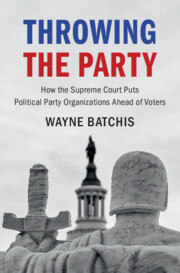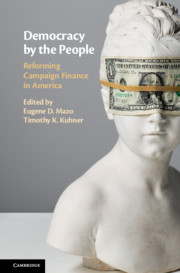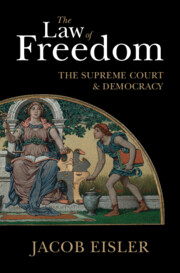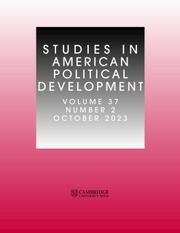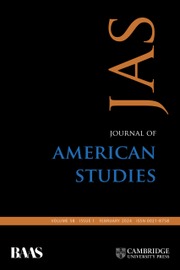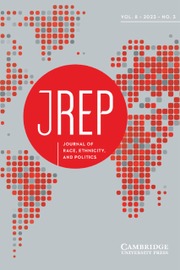Throwing the Party
The Supreme Court's jurisprudence on political parties is rooted in an incomplete story. Parties are, like voluntary clubs, associations of individuals that are represented by a singular organization. However, as political science has long understood, they are much more than this. Parties are also the voters who choose and support their candidates, the elected officials who govern, the activists and volunteers who contribute their time and energy, and the individual and organizational donors who open their wallets. Unfortunately, the Court's framework for understanding America's two-party system has largely ignored this broader conception of political parties. The result has been a distortion of the true nature of the two-party system, and a body of deeply inconsistent and contradictory constitutional case law. From primaries to campaign finance, partisan gerrymandering to ballot access, law and politics scholar Wayne Batchis interrogates, scrutinizes, and offers a proposed solution to this problematic jurisprudence.
- Reveals the significant implications for American politics of the approach of the Supreme Court to political parties
- Argues that the Court is informed by an inconsistent and misguided understanding of these critical institutions
- Brings together political science and legal scholarship
Reviews & endorsements
'Wayne Batchis’s Throwing the Party synthesizes the disparate threads of the Supreme Court’s political-party jurisprudence and puts that doctrine into conversation with the political science literature. Lawyers and political scientists will learn a lot about how the other field views the world after reading this terrific book.' Travis Crum, Associate Professor of Law, Washington University in St. Louis, former law clerk to Justices Anthony Kennedy and John Paul Stevens on the U.S. Supreme Court
‘Political parties are private organizations with profoundly public effects. We value their rights of association while recognizing major competing First Amendment interests. Professor Batchis deftly navigates this complicated and important area of law with clarity and nuance, offering a thoughtful way forward as we think about the proper legal framework for political parties in this era of intense partisanship.’ Derek T. Muller, Professor of Law, Bouma Fellow in Law, University of Iowa College of Law
‘A landmark book … Any scholar of political parties or judicial politics should take the time to read the arguments in this important book.’ Matthew D. Montgomery, Perspectives on Politics
Product details
June 2022Paperback
9781009095853
350 pages
231 × 151 × 13 mm
0.4kg
Available
Table of Contents
- Part I. Foundations:
- 1. Introduction
- 2. The Supreme Court's approach to political parties
- 3. The association versus the individual
- Part II. Party Primaries:
- 4. Setting the stage
- 5. Primaries and the party in the electorate: the right to vote
- 6. Double standards: organizations over individuals and major over minor parties
- 7. Doubling down on the party organization in service of the major parties
- Part III. The Party, the Court, and Campaign Finance Law:
- 8. Party speech through money
- 9. An ill-fitting party campaign finance jurisprudence
- 10. Parties and the current campaign finance landscape
- Part IV. Passé Equal Protection and a Way Forward
- 11. Party and equality
- 12. The political question: is there room for equal protection in partisan gerrymandering?
- 13. A potential solution: the party system as a public forum
- 14. Conclusion.

